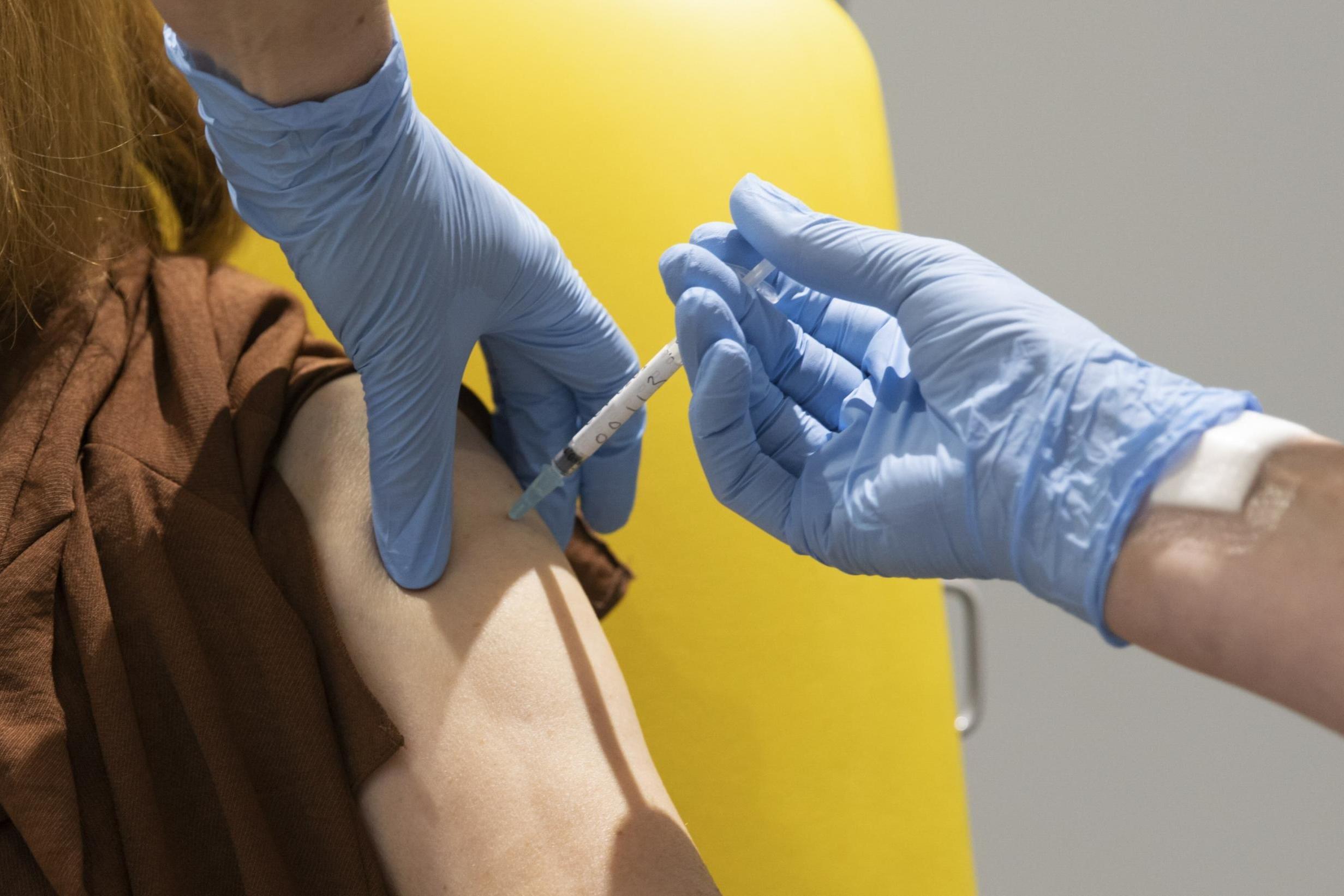Chinese coronavirus vaccine shows promising results in human tests, study shows
Researchers caution that levels of antibodies produced in participants aged over 60 were lower and took longer to increase, however

A potential coronavirus vaccine developed by China appears to be safe and triggered immune responses in a combination of early- and mid-stage tests in humans, according to a new study.
The Covid-19 vaccine candidate, known as BBIBP-Corv, is being developed by the Beijing Institute of Biological Products in tandem with the state-run China National Pharmaceutical Group. A report published in The Lancet on Thursday described the vaccine overall as “safe” and “well-tolerated”.
The BBIBP-Corv trials on human participants began in early June after the vaccine displayed powerful results in monkeys, triggering antibodies without raising any complications, said researchers.
In the first two stages of its trial, the vaccine did not cause any severe side effects. According to the paper published by The Lancet, the most common mild to moderate adverse reactions included fever and pain in injection sites.
The results come from Phase I and Phase II of the vaccine trial, conducted between 29 April and 30 July, with 600 healthy participants aged 18 to 80 years.
The levels of antibodies in participants aged over 60 were lower, however, and sometimes took up to 42 days to increase significantly. Younger participants took an average of 28 days to generate an antibody response.
The development comes within days of Johnson & Johnson halting its coronavirus vaccine trials due to unexplained illness in one of its participants.
BBIBP-CorV is one of at least 10 coronavirus vaccine projects globally to have entered Phase III trials, four of which are led by Chinese scientists, according to the World Health Organisation.
China has been focusing on developing five types of vaccines, and each method has at least one entering clinical trials. In total, 11 vaccine candidates are in different stages of testing, Yang Sheng, the Deputy Director of the National Medical Products Administration's drug registration bureau, told the state-run China Daily in September.
Join our commenting forum
Join thought-provoking conversations, follow other Independent readers and see their replies
Comments



Bookmark popover
Removed from bookmarks